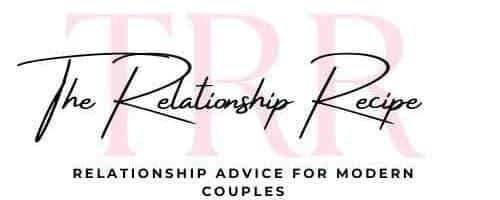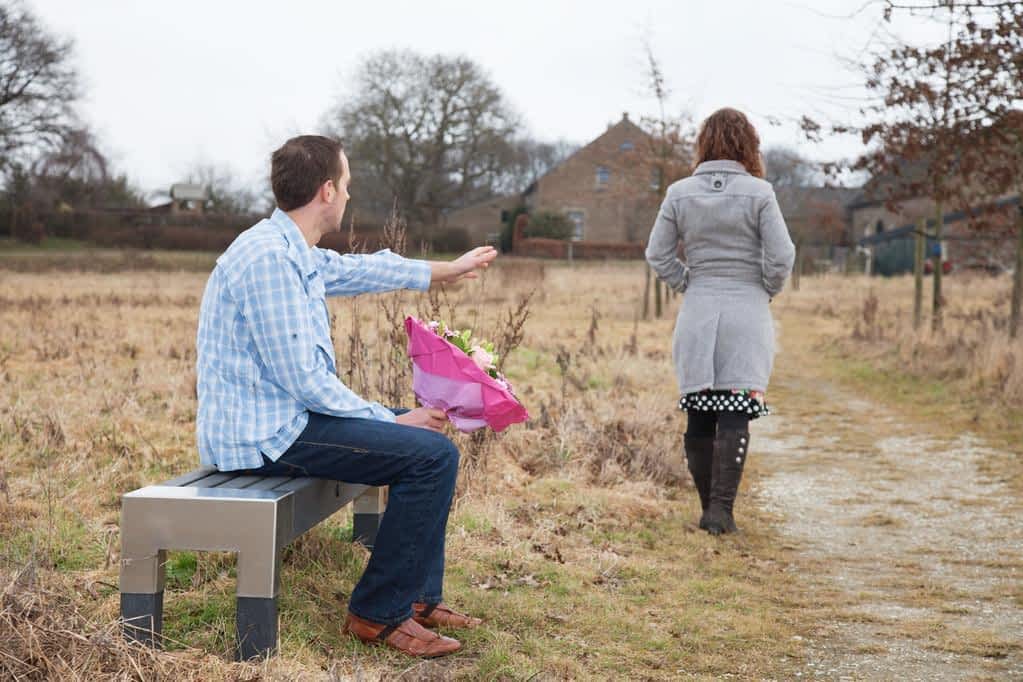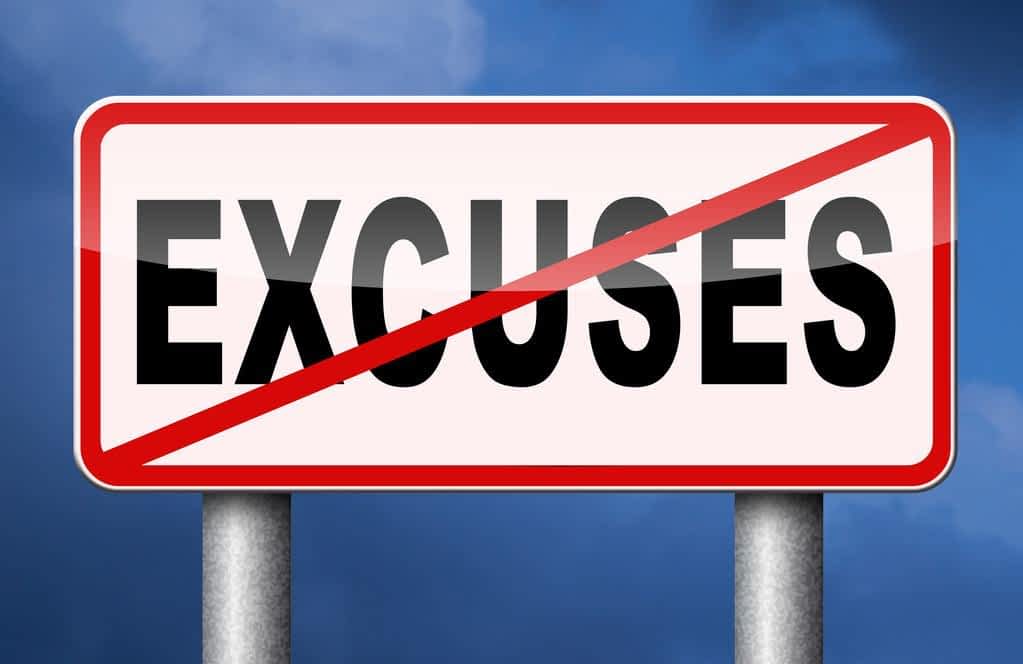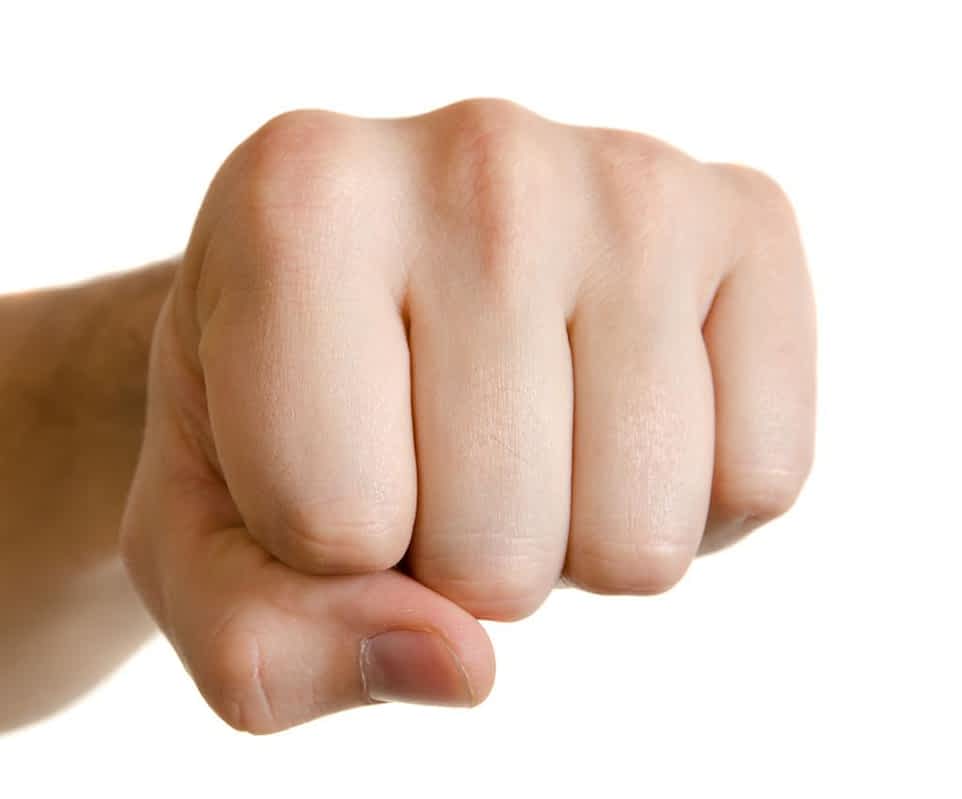The #1 Brutal Reason for Friendships Ending After Divorce
Divorce doesn’t just wreck your marriage – it can torch your friend group too. One day you’re venting over coffee with your crew, and the next, you’re dodging their silence like it’s a second breakup. Friendships ending after divorce isn’t some rare side effect and it’s surprisingly common, but it stings.
Why do friends disappear after divorce, even the ones who swore they’d always be there? Turns out, divorce changes friendships in ways nobody warns you about. The people who once felt like family start acting distant, weird, or straight-up vanish. You’re not just losing a partner, you’re losing friends during a divorce, too. So what the hell happened? And why does your support system suddenly feel like it’s under renovation, with half the crew gone and the rest awkwardly lingering by the exit?
💡Key Takeaways:
- Emotional Barriers: Unpack the hidden emotional tension that can make post-divorce friendships harder to hold onto.
- Identifying Root Causes: Understand the real reason so many friendships quietly dissolve during this life shift.
- Personal Growth & Awareness: See how evolving boundaries and inner healing can change who fits in your life.
- Support Through Change: Get real-world tips for keeping (or redefining) connections as you rebuild your identity.

I guess I’m lucky, I am a bit of a loner. I’d never had a huge circle of friends – even in high school. Furthermore, I preferred to keep things low drama, and still do, I guess.
One thing about being a loner is that there are fewer people to hurt or abandon you when you need them most.
Divorce is such an intensely personal decision, and it can be very isolating as it is. If you are planning on leaving your marriage, friendships ending after divorce is something to prepare for.
From what I’ve seen, it’s very common, unfortunately – especially among women.
This may be because it is women who usually initiate a divorce after years of careful contemplation, making her the “bad guy” and the man the “victim”.
I have no solid proof to back this up, but it’s hunch based on my life experiences, and observations – including within my immediate family.

Many clueless husbands play out this victim role claiming they were “blindsided” and had “no idea” she was so unhappy, after ignoring her unhappiness for so long.
This is something else I’ve seen play out over and over again. Including between my own parents, and some of their friends. My dad, (God love him) pretty much did his own thing and wasn’t interested in changing for anyone. He wasn’t unfaithful, and never would be, but his mistress was his cars, boats and hot rods. Their divorce was messy.
Luckily, mom managed to retain most of her friendships, and so did dad, when the dust finally settled.
Personally, I would never even consider dumping someone based on their marital status. In fact, I can’t think of anything more shallow and ridiculous, but it happens. Alot!
Divorce Changes Friendships So Be Prepared for the Shocked Reactions
If your marriage looked like a fairytale from the outside, don’t be surprised when people act like you just announced Bigfoot is real. Be prepared for some shocked faces – and if you can, cut them a little slack.
You can’t expect someone outside your relationship to read your mind, especially if you were busy painting the picture-perfect life on Instagram while quietly falling apart behind the scenes. Most of us hide the messy stuff: the fights, the loneliness, the silent, creeping resentment. So when the split finally happens, it’s no wonder you’ve got friends acting weird after divorce if they never saw it coming. They don’t know what to say, how to act, or whether they’re even allowed to bring up your ex’s name without triggering a meltdown.
🌤️In the immortal words of Elvis Presley: “The truth is like the sun. You can shut it out for a time, but it ain’t goin’ away!”
The darkness eventually comes to light.
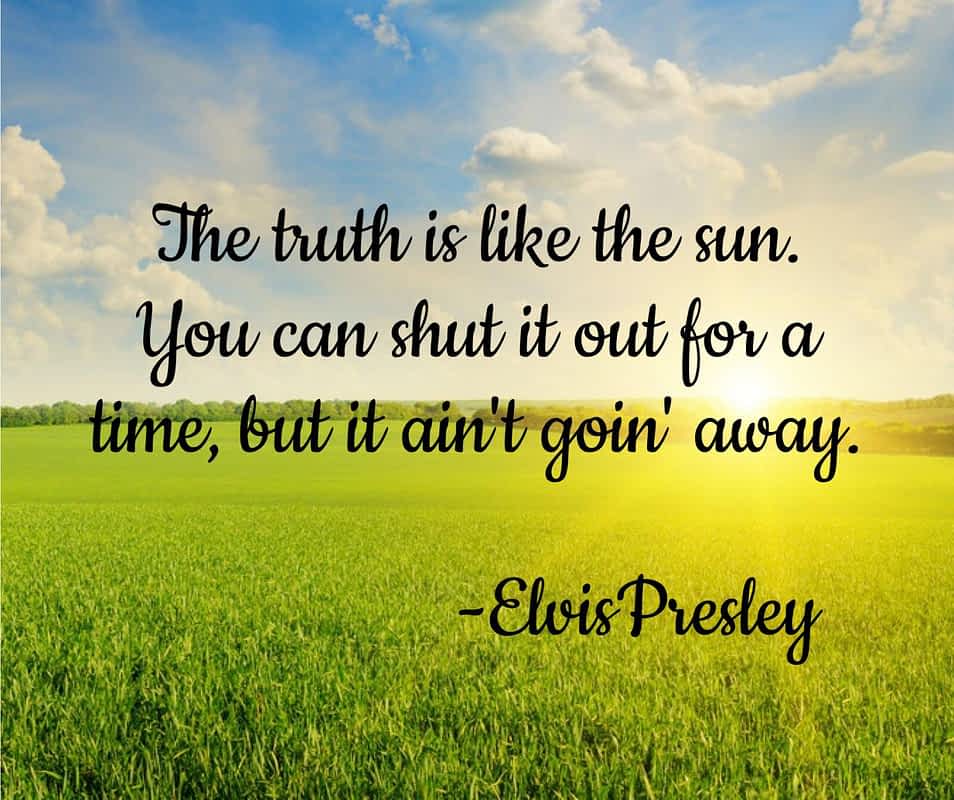
Navigating the Minefield of Friendships Ending After Divorce
Divorce doesn’t just shake up your life; it rattles everyone around you. Suddenly, priorities shift, routines go out the window, and your once-familiar friend group starts looking like strangers at a dinner party. That’s when the cracks really start to show.
Some friendships step up and ride the wave with you. But a lot of them? They quietly fall apart. Friendships ending after divorce often come down to one brutal truth: most people have no idea how to show up when things get messy. Instead of asking what you need, they disappear into the background, not because they’re cold, but because they’re uncomfortable. They don’t know what to say, how to act, or if your new reality even includes them. Divorce changes friendships, not just because you’ve changed,but because now they have to show up differently, and that terrifies them.
They may feel caught in the crossfire of anger and blame, feel forced to choose sides, inevitably ghosting the friend on the “other team.”
Through the Friend’s Eyes:
It’s important to remember that the world doesn’t revolve around your divorce. Your friends are dealing with their own emotions, anxieties, and even biases.
They might:
💡Feel awkward:
When friends disappear after divorce, it’s not always because they don’t care. Sometimes, they’re just frozen, unsure how to support you without stepping on landmines. They don’t want to pick sides, pry, or say the wrong thing… so they say nothing. And the silence is deafening.
These aren’t heartless people. They’re just stuck in their heads, running mental simulations of what not to say, spiraling through imaginary screw-ups. Friends acting weird after divorce often aren’t trying to ghost you; they’re terrified of making things worse. The fear of adding to your pain or accidentally triggering drama can be paralyzing.
But that well-meaning hesitation feels like abandonment. And just when you need connection the most, you’re left standing in emotional no-man’s-land, wondering where the hell everyone went. Losing friends during a divorce isn’t always about betrayal, it’s people not knowing how to show up when things stop being picture-perfect.

💡Become overwhelmed:
Your pain after divorce isn’t light reading. It’s heavy. And for friends already juggling their own chaos, your emotional storm might be more than they can handle. They’re not abandoning you; they’re trying to keep their own heads above water.
Divorce changes friendships in weird ways. Suddenly, your vulnerability, the tears, the late-night texts, the cracked voice on the phone, becomes overwhelming. Not because your pain isn’t valid, but because it’s a lot. Sometimes too much. Especially for friends who are quietly drowning in their own stuff.
You might feel like they’re pulling away at the exact moment you need them most. And yes, losing friends during a divorce cuts deep. But the truth is, it’s not always apathy – it’s self-preservation. Like a lifeguard caught in a riptide, they might have to let go for a bit, just to keep from going under with you.
It’s a cruel kind of heartbreak: the very people you’re reaching for are retreating, not out of neglect, but because they’re out of emotional fuel. And that hurts. But it doesn’t mean they don’t care. It means they’re human. Even the most loyal friends sometimes need to step back, catch their breath, and refill their own tank before they can dive back in and weather the storm with you.

💡Hold pre-existing biases:
Sometimes, it’s not even about you, it’s about them. Long-held opinions about your ex or baked-in ideas about divorce itself can totally warp how your friends see the situation. Suddenly, divorce changes friendships in ways you can’t understand: not because of what actually happened, but because of the stories people were already telling themselves.
Maybe your friend never liked your ex but kept quiet. Or maybe they loved your ex and can’t reconcile your version of things. Either way, their past hang-ups, about relationships, loyalty, or what “counts” as a valid reason to leave, start creeping in. What you say gets filtered through their own bias, and next thing you know, neutral facts get twisted into “drama,” and your pain becomes just another plot point in their mental soap opera.
They might not even realize they’re doing it. It can show up as weird tension, awkward silences, or subtle jabs that leave you wondering, Wait, whose side are you on again? The worst part is how it chips away at trust and creates distance that’s hard to fix.
Most of this has way more to do with their history than it does with your heartbreak. It’s not a referendum on your choices or your worth – it’s their emotional baggage making an unexpected cameo in your life.
Dealing with this sucks, but it doesn’t have to turn into a full-blown fallout. Sometimes, you have to name what’s happening, call out the bias gently (or not so gently), and see if there’s room for real conversation. Because if friends disappear after divorce, you at least deserve to know if they left because of you, or the version of your story they made up in their head.

When Friends Disappear After Divorce: The Pitfalls of Taking Sides
Friends who pick sides usually get swept up in the emotional chaos that comes with divorce. They might:
💡Feel protective:
Sometimes, when you’re in the trenches of divorce, friends charge in like emotional bodyguards, ready to throw down, talk trash, and protect your broken heart at all costs. That fierce loyalty comes from love. But it can also spiral.
In their rush to “have your back,” some friends start painting your ex as a full-blown villain, turning them into the mustache-twirling bad guy in a story that’s way more complicated than that. At first, it feels like support. But give it a few weeks, and that steady drip of ex-bashing can calcify into real resentment that you might not even feel on your own.
If you’re hoping for anything resembling peaceful co-parenting or even just inner peace, this kind of emotional ammo doesn’t help. Worse, it can alienate you from other friends who don’t share the same pitchfork energy. Suddenly, you’re in a loyalty test instead of a healing process.
This is one of those sneaky reasons friendships end after divorce, not because someone betrayed you, but because their over-the-top protectiveness starts to feel more like manipulation. You didn’t sign up for a one-woman war against your ex. You just wanted space to breathe.
Here’s the truth: real support doesn’t mean choosing sides. It means holding space. That means showing up for your pain without rewriting your story into some revenge fantasy. What you really need is a safe place to feel all the messy stuff, to sit in the grey areas, and to figure out what healing looks like for you, not what makes your friend feel like the hero of your breakup.

💡Seek validation:
In the mess of divorce, some friends grab onto one side like it’s their last life raft. Picking sides gives them a sense of control: a neat, black-and-white story where they know exactly who to cheer for and who to quietly (or not so quietly) judge. It’s usually less about you and more about their need to feel safe in the narrative they’ve cooked up.
When they take a side, they’re really just doubling down on their own opinions, trying to prove to themselves they’re right. It’s way easier to slap a “victim” label on one person and brand the other as the “villain” than to deal with messy, uncomfortable gray areas. However, they’re not really showing up for you. They’re showing up for their own peace of mind.
And that’s exactly why friendships end after divorce. The need to pick sides often outpaces the need to actually support you. Before you know it, that wedge grows so wide it’s impossible to cross, and friendships quietly collapse: not with a bang, but with a slow fade into misunderstanding and distance
💡Project their own experiences:
Sometimes, your friend isn’t really reacting to your divorce, they’re wrestling with ghosts from their own past. Maybe they grew up watching their parents’ marriage fall apart. Maybe they’re still raw from a breakup that never really healed. Or maybe their own relationship is quietly on the rocks, and your situation just hits a nerve.
Whatever the case, their emotional baggage spills into how they see your story. Without meaning to, they start projecting by misreading your feelings, assuming your experience looks just like theirs, and letting old wounds color their reactions.
This is one of those subtle reasons friendships end after divorce. It’s not about you or your worth; it’s that their own pain getting tangled up with yours. When that happens, empathy gets buried under a pile of assumptions and misunderstood emotions. And if those projections aren’t checked, that’s how friendships just quietly fade away, lost in the space between what’s real and what’s imagined

The #1 Reason For Friendships Ending After a Divorce
The truth is, all the reasons we’ve discussed – emotional awkwardness, shifting dynamics, quiet resentment all trace back to one core emotion: fear.
Fear of saying the wrong thing.
Fear of being forced to take sides.
Fear of getting swallowed by your grief.
Fear of their own unresolved issues bubbling up.
And yes, even fear that your divorce might crack something in their own marriage.
That fear doesn’t always show up loud and obvious. Sometimes, it just looks like silence. Or slow fades. Or that awkward shift in energy that feels like betrayal right when you’re craving support the most.
🚀Remember: your friends aren’t villains, they’re just people, stumbling through a complicated situation with their own unspoken wounds.
When you realize fear is at the heart of why friends dissappear after divorce, it gets easier to move on with compassion instead of resentment. You can make a place for honest conversations, gently express what you need, and invite relationships without pressure.
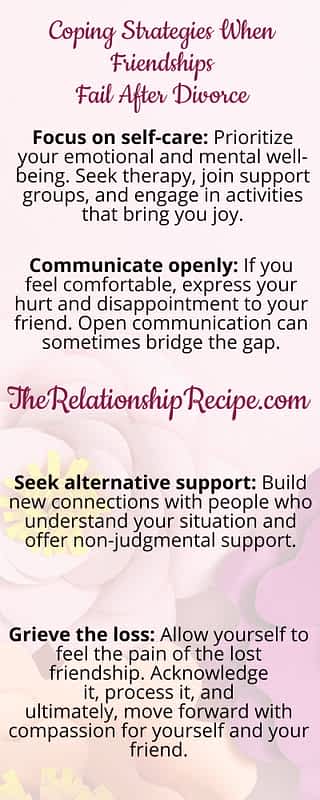
Coping Strategies For When You’re Losing Friends During a Divorce:
Losing a friend during divorce at such a vulnerable time can be incredibly painful. Here are some ways to cope:
- 👉Focus on self-care: Prioritize your emotional and mental well-being. Seek therapy, join support groups, and engage in activities that bring you joy.
- 👉Communicate openly: If you feel comfortable, express your hurt and disappointment to your friend. Open communication can sometimes bridge the gap.
- 👉Seek alternative support: Build newrelationships with people who understand your situation and offer non-judgmental support.
- 👉Grieve the loss: Allow yourself to feel the pain of the lost friendship. Acknowledge it, process it, and ultimately, move forward with compassion for yourself and your friend.
Final Thoughts: You’re Not Alone When Friends Disappear After Divorce
Look, you’re definitely not the first person to lose friends after a divorce, and trust me, you won’t be the last. It’s way more common than anyone wants to admit. And yes, getting ghosted stings even harder when you’re already drowning and craving support the most.
🚀Take comfort in the fact that this doesn’t reflect your worth as a person, and that genuine friendships, built on strong foundations of understanding and respect, will endure.

This post may contain affiliate links. I earn from qualifying Amazon purchases at no extra cost to you. This content is for informational purposes only and is not a substitute for professional advice. Read full disclaimer.
Thank you for reading this post, don't forget to subscribe!
